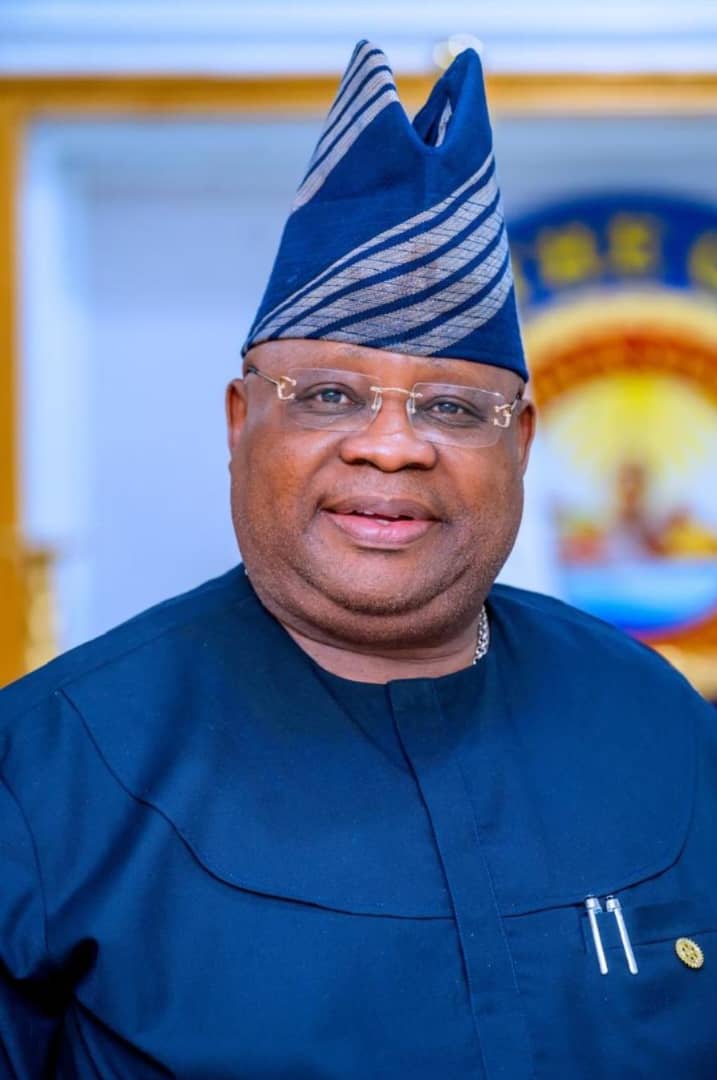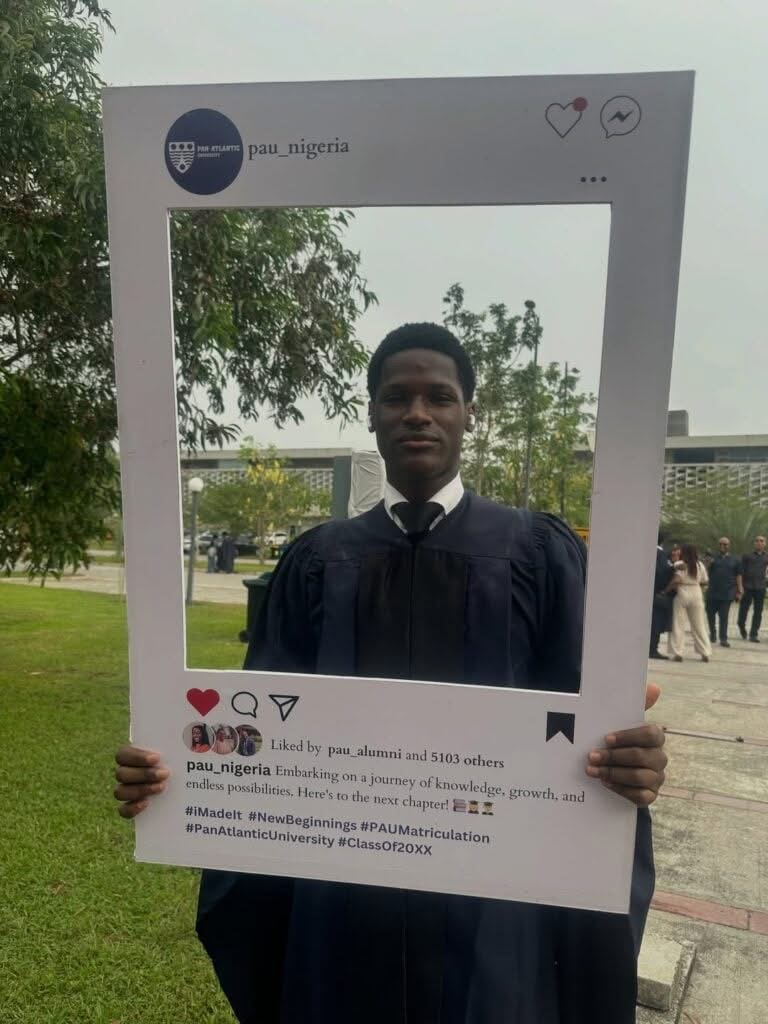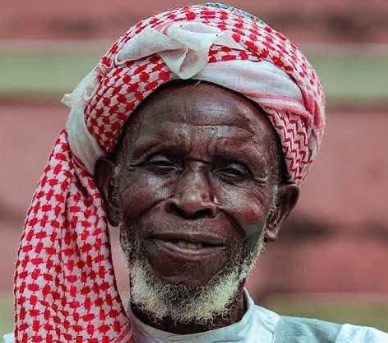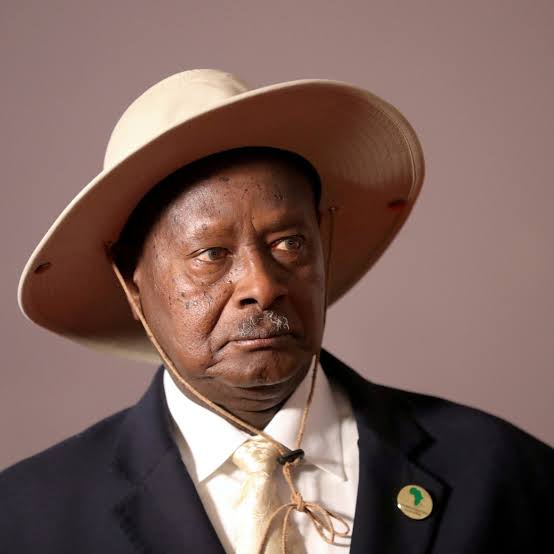South Korea’s main opposition leader Lee Jae-myung was hospitalised Monday after 19 days on hunger strike to protest against government policies, his party said.
Hours after he was transferred to hospital, prosecutors issued an arrest warrant for him over corruption allegations.
Lee, 58, launched his hunger strike on August 31, over what he calls the government’s “incompetent and violent” policies, in particular its failure to protest against Japan’s release of treated wastewater from the damaged Fukushima nuclear reactor.
Lee, a former presidential candidate, looked pale and weak in media footage. His transfer to hospital did not stop prosecutors from seeking to arrest him.
“Whether to fast or not and how to fast is a matter of personal freedom, but it should not affect the investigation or trial,” South Korea’s Justice Minister Han Dong-hoon told a parliamentary session.
“If a precedent is set that affects investigations and trials, wouldn’t everyone, including petty criminals, start fasting when they receive a summons notice?”
Prosecutors have accused Lee of bribery in connection with a firm that is suspected of illicitly transferring $8 million to North Korea.
He is also accused of breaching his duties, which allegedly resulted in a loss of 20 billion won ($15 million) for a company owned by Seongnam city during his term as its mayor.
Lee refutes all the allegations.
In order for a court to consider the prosecution’s request for an arrest warrant, Lee’s parliamentary immunity would have to be waived by the 300-member National Assembly, where the Democratic Party — headed by Lee — hold a majority.
Lee’s party slammed the latest development, saying the arrest warrant was “a clear sign of how violent and oppressive” President Yoon Suk Yeol’s administration is, it said in a statement.
The National Assembly previously dismissed a request for an arrest warrant in February.
The ruling People Power Party has asked Lee to stop fasting and said that it was ready to talk with Lee on his policy concerns once he recovers his health.
A former child factory worker who suffered an industrial accident as a teenage school drop-out, Lee rose to political stardom partly by playing up his rags-to-riches tale.
But his bid for the top office has been overshadowed by a string of scandals. He faced scrutiny over a questionable land development deal and persistent rumors linking him to organised crime.
At least five individuals connected to Lee’s various scandals in the past have been found dead, some in what appeared to be suicides.
He lost to Yoon in last year’s presidential election by a margin of 0.7 percent.
AFP
Punch
Advertisement




